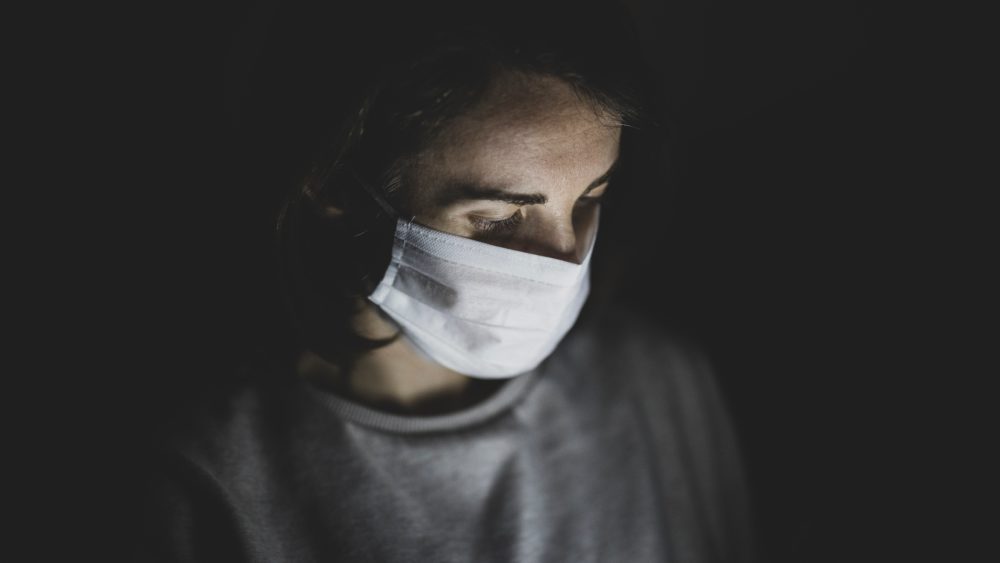The Provisional National Collective in Turkey is pleased to inform DiEM25 members with the third issue of a monthly review on Turkey’s social, economic, and cultural state of affairs.
Everybody knows that the dice are loaded (…)
Everybody knows that the boat is leaking
Everybody knows that the captain lied
— Leonard Cohen
Initiating a COVID-19 Pandemic 6th Month Assessment Report with this quote from Leonard Cohen’s well-known lyrics should mean something to all. This is what the Turkish Medical Association (TMA), the professional organization of physicians, did on September 21, 2020 while sharing this 812-page detailed report written by 85 experts in the field with the community (COVID-19 Pandemic 6th Month Assessment Report from the Turkish Medical Association COVID-19 Monitoring Board).
On 11 March, the day the World Health Organization (WHO) announced COVID-19 as a pandemic, the Turkish Ministry of Health (MoH) reported the first case in Turkey.
According to the data presented in the WHO website on October 3, Turkey is in 4th place in the European region in terms of the disease — after Spain, France and the United Kingdom. Data indicates that there were 320.070 confirmed cases in Turkey, and that 8.262 people lost their lives because of COVID-19. However, as the data on the coronavirus within the entire jurisdiction of the MoH was not shared with the relevant medical associations and the Turkish Medical Association, it is not possible to make an accurate analysis of these figures. Not surprisingly, the country’s health minister admitted on October 1 that they exclude asymptomatic but PCR positive people while reporting, which is obviously not in line with WHO guidance on reporting COVID-19 data. As a result of MoH’s reluctance to share basic data, such as asymptomatic case numbers, repeated test rates, and the sensitivity of the tests used for the same patient, information on the distribution of patients by cities and some definitions such as ‘severe patient’ are still missing or obscure.
There were some admirable steps taken by the authorities in the beginning of the pandemic. These included the establishment of a COVID-19 Scientific Board far earlier than in many other countries, quarantine measures for citizens coming from abroad, transportation restrictions, disease awareness campaigns, the implementation of both public and private hospitals, and full coverage of treatment including early use of drugs. As lesser testing means underdiagnosing COVID-19 patients, increasing the number of daily tests which were extremely low in the beginning phase to an adequate figure was another positive step by MoH. Fortunately, physicians in Turkey have not had to make drastic decisions about which patient to save and which to leave to die during this period.
However, the MoH’s lack of transparency, its reluctance to share basic data, and its refusal to collaborate/work with non-governmental organisations as well as with some dissident municipalities didn’t allow more progress to occur. In Istanbul, they banned some applications of metropolitan municipalities which could have reduced the effects of pandemic, even during the curfew. There were also concerns about the shortage of personal protective equipment (PPE) for health-care workers at the beginning. In short, although MoH was not successful in controlling the spread of the pandemic and contact tracing, they followed a successful policy on the treatment of patients.
The announced ‘normalisation’ process in the beginning of June — the easing/elimination of some restrictions/quarantine measures — didn’t allow for the complete suppression of the disease.
Because of this uncontrolled ‘opening process’ at approximately the 12th week due to economic expectations, case numbers started to increase after the 14th week. In addition, despite dissident movement activities being banned due to COVID-19 restrictions, the same restrictions did not apply to pro-government activities like the opening ceremony of Hagia Sophia. Such crowded rallies could have contributed to increased figures.
It is clear that economy and politics have overridden science in these situations; in this context the ‘COVID-19 does not discriminate’ expression is a hoax that aims to cover up the increasing inequalities at the disadvantage of the working class. As stated by TMA in a press release, transparency, meeting the pandemic in the primary care before hospitals, effectively conducting medical filiation studies, all guided by reason and science, are the prerequisites for success in combating the epidemic, and should be conducted with collective solidarity spirit within the whole society, by taking each member’s individual properties into consideration. Special attention should be given to vulnerable and disadvantageous groups as well as health care providers by all means.
by DiEM25 Turkey | 06/10/2020
Dr. Akif Seval on behalf of DiEM25 PNC in Turkey
Photo Source: Engin Akyurt on Unsplash.
Do you want to be informed of DiEM25's actions? Sign up here















